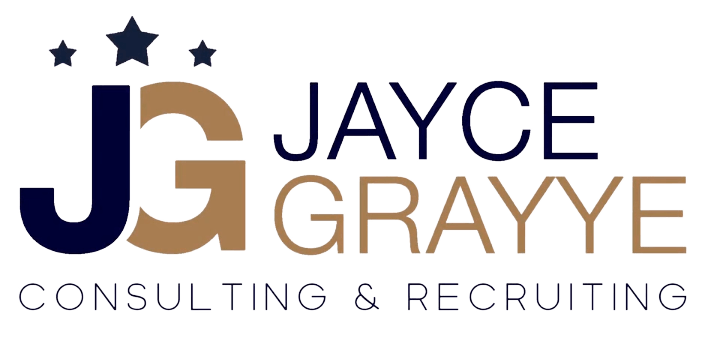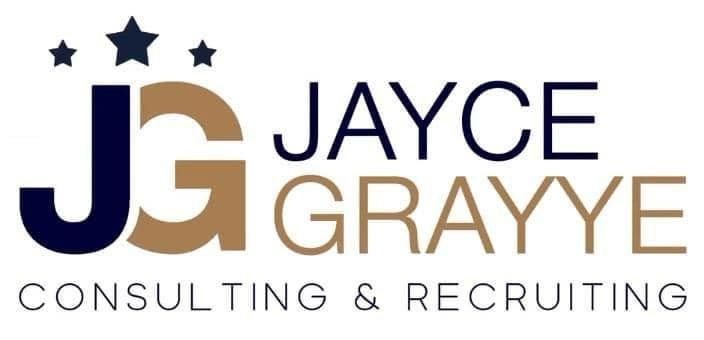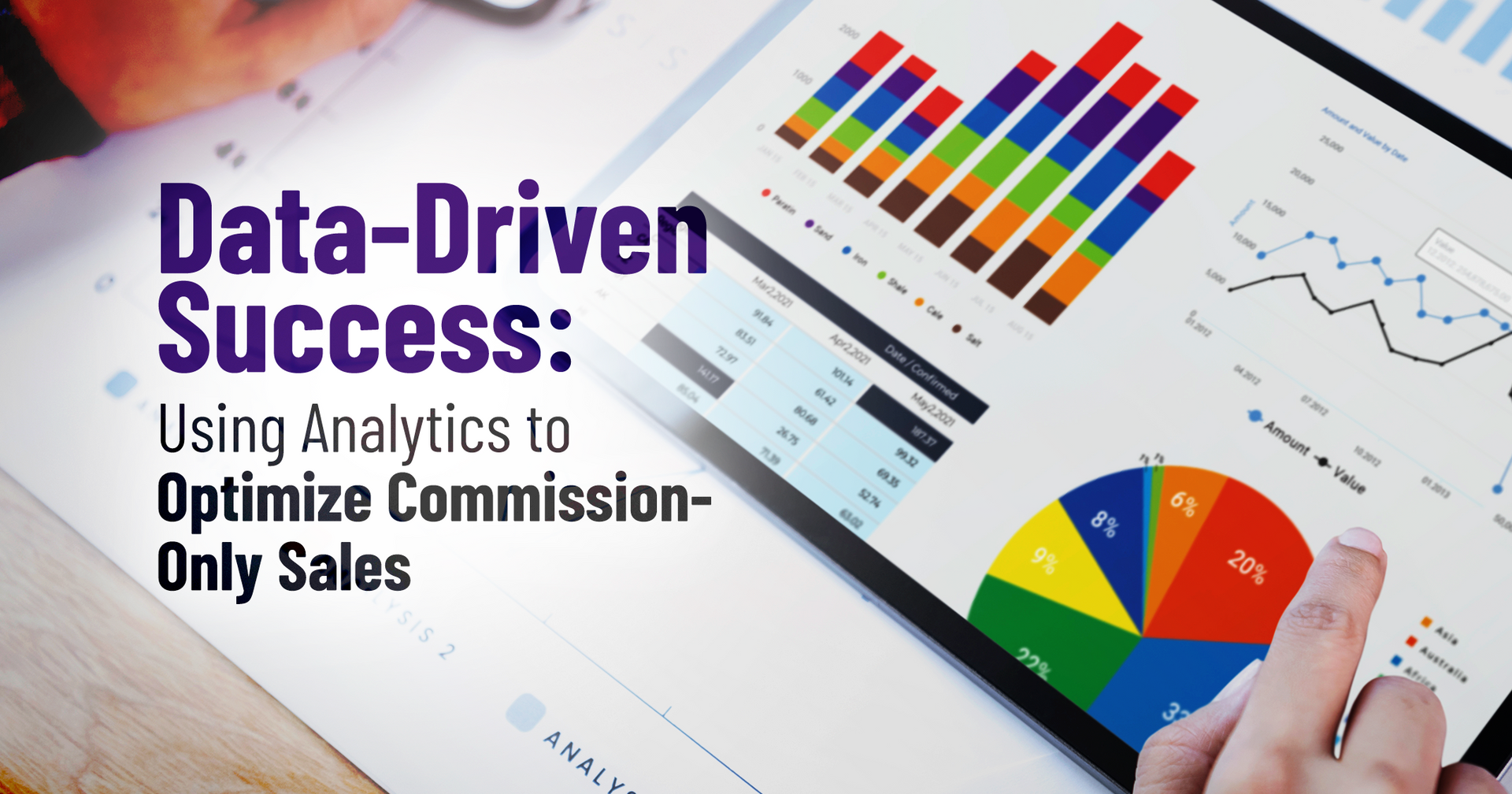
The term emotional intelligence (EQ) is grossly misunderstood in business contexts. Some falsely believe that an emotionally intelligent salesperson is a pushover or someone who can’t drive home a sale. However, being an emotional person and an emotionally intelligent person are two different things.
If you hire commission-only sales reps, it’s important to know that EQ plays a critical role in business, especially when it comes to sales. Essentially, EQ boils down to five core components:
- Self-awareness
- Self-regulation
- Social skills
- Empathy
- Motivation
Performing well in each of these areas demonstrates that you can recognize, understand, and apply the power of emotion in sales contexts. Emotionally intelligent individuals tend to build stronger relationships and establish trust with others.
In this article we take a close look at emotional intelligence and how it applies to the professional work of commission-only sales reps.
The Importance of EQ in Commission-Only Sales
A Harvard Business Review article claimed that 95% of consumer behavior, such as purchases, is driven by emotion. Customers are at the mercy of their feelings, even if those feelings are subconscious. Naturally, salespeople with good EQ should have an advantage in negotiations.
Below, we break down the distinct aspects of EQ that relate to commission-only sales.
1. High EQ salespeople sell more
A study conducted by TalentSmart EQ, the leading provider of EQ training and development in the world, found that salespeople with high EQ sold more than twice as much as those with weak EQ. In particular, self-confidence and empathy were the most influential factors.
This alone is reason enough to prioritize EQ when hiring commission-only sales reps.
2. EQ helps you regulate your emotions, leading to more consistent sales
One of the core components of EQ is self-awareness. Salespeople with good EQ understand their emotions and recognize what evokes a response in themselves. This allows them to regulate emotions and control situations calmly, which provides a significant upper hand during negotiations.
Understanding how your own emotions affect your behavior can also provide insights into how others interpret emotions. This is hugely important when initiating a sale, negotiating, and ultimately, getting it over the line.
3. EQ helps you to recognize good clients and build relationships with them
Relationship building is a key aspect of sales, particularly when you’re looking for repeat or long-term customers. Social skills and empathy, two components of EQ, help you identify potential customers, build relationships with them, and maintain them.
It costs between five and ten times more to gain a new customer than to sell to an existing one. To boot, existing clients spend 67% more than new ones. Hiring commission-only sales reps with high EQ can make a direct impact on your bottom line from relationship building alone.
4. EQ helps you broker deals with confidence
Each of the components of EQ, especially self-regulation, motivation, and empathy, contribute to a confident salesperson. Confidence helps you broker better deals and close sales. In fact, salespeople with high EQ have significantly higher close rates than those with low EQ.
Confidence ensures salespeople aren’t deterred by rejection and helps them to continue negotiating, even if there’s some initial pushback.
5. EQ helps with job satisfaction
One of the downsides to hiring commission-only sales reps is that commission structures and competition often lead to high turnover rates. High-level sales professionals are always on the lookout for new opportunities so retaining staff can be a challenge.
However, since people with high EQ are self-aware, motivated, and capable of handling stress, they’re not as likely to leave their jobs. Turnover rates among businesses that hire commission-only sales reps with high EQ have significantly lower turnover rates.

How to Train Your Sales Team's EQ
EQ and IQ are often mentioned together in relation to competency and ability. However, in sales, the two don’t have much correlation. While a high IQ is an advantage in most scenarios, it doesn’t necessarily help you close a sale. On the other hand, EQ helps with every aspect of a sale.
Most importantly, unlike IQ, EQ is a skill that can be worked upon and improved. With that, here are three steps for training your sales team to raise their emotional intelligence.
1. Assessing EQ Levels Among Sales Reps
Firstly, you must set the baseline for each sales rep’s EQ level. This shows you whether or not they’re strong in this department and informs you on where to improve. There are three effective ways to assess EQ levels.
- Psychometric assessments: This involves asking sales reps to grade their own emotional intelligence. You can then follow up by asking for more detailed explanations.
- Situational assessments: Test sales reps by analyzing their emotional responses to hypothetical situations, photos, or even video footage.
- Interview assessments: You can put together interview questions to encourage salespeople to express their emotional intelligence. Or, you can give them a written test to explain how they would deal with particular scenarios.
If you have an aptitude for assessing people’s emotional intelligence in relation to sales, these assessment techniques can be performed in-house. However, there are specialist companies that carry out such exercises.
2. Structuring Effective EQ Training Programs
The self-assessment or initial screening gives you a baseline EQ score for each employee. Now, you must start the training. Since no two individuals are the same, it’s important to customize training for each rep. Here are some tips to guide you in the right direction.
- Set goals for each sales rep in relation to what aspects of EQ you’d like them to improve at (e.g. empathy or motivation)
- Establish accountability groups once or twice per month for sales reps to share experiences and learnings
- Discuss language that you’d like to use in the sales process that evokes useful emotions
- Practice situational sales training and analyze it
- Measure progress at least twice per year
An EQ specialist or coach is likely the best way to get a training program up and running. You’ll easily find workshops and masterclasses that best fit your needs.
3. Integrating EQ Into Sales Strategies
If you hire a professional EQ coach, they will help your team with real-world applications of their learnings. However, if you handle training in-house, you may wonder how to implement EQ into sales strategies. The approach is quite straightforward.
Firstly, instruct sales reps to slowly introduce aspects of their training, like emotional language techniques, into their regular client interactions. You must emphasize that reps maintain a growth mindset. This is an important aspect of being emotionally intelligent.
Your team should frequently meet to discuss progress and insights. Each rep must reflect and assess what’s working and what isn’t. It’s vital that they remain in control of their reactions as they grow.
Finally, sales reps should adjust their strategies according to their results and self-assessments. This is where the real progress occurs.
Conclusion
Emotionally intelligent sales representatives are invaluable assets, both to your organization and your clientele. They consistently meet their sales targets and ensure customer needs are fully addressed, striking a perfect balance between achievement and empathy.
Evaluating and enhancing the Emotional Intelligence (EQ) of your team isn't just wise, it's transformative. Such training enriches your team's skill set, transcending traditional sales methods and focusing on meaningful, results-driven interactions.
Interested in elevating your team's performance with the power of E!? Connect with Jayce Grayye Consulting & Recruiting for expert guidance and tailored solutions that will revolutionize your sales strategy.






